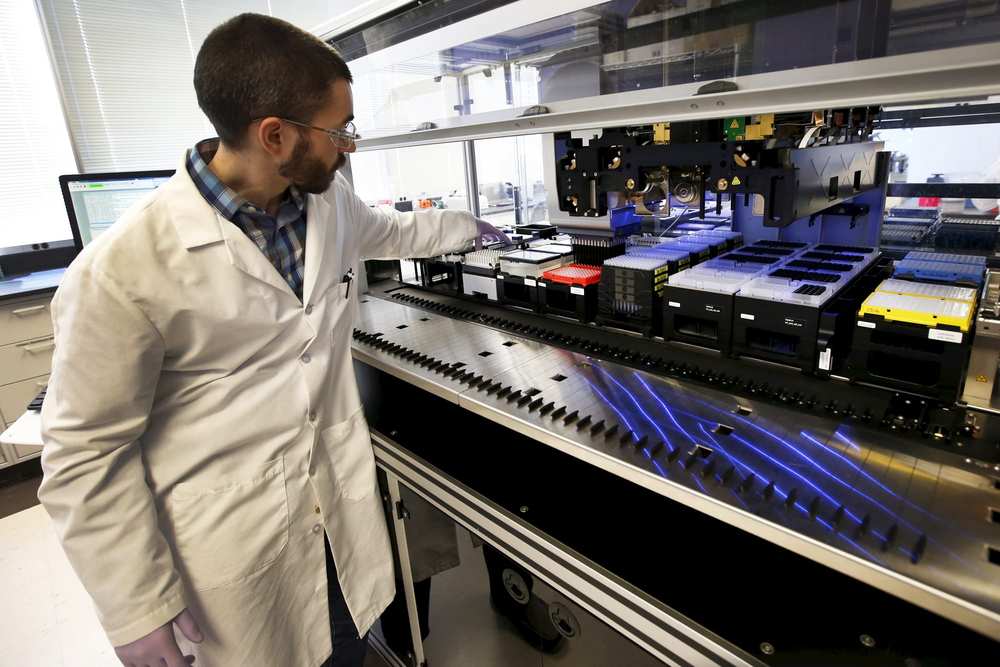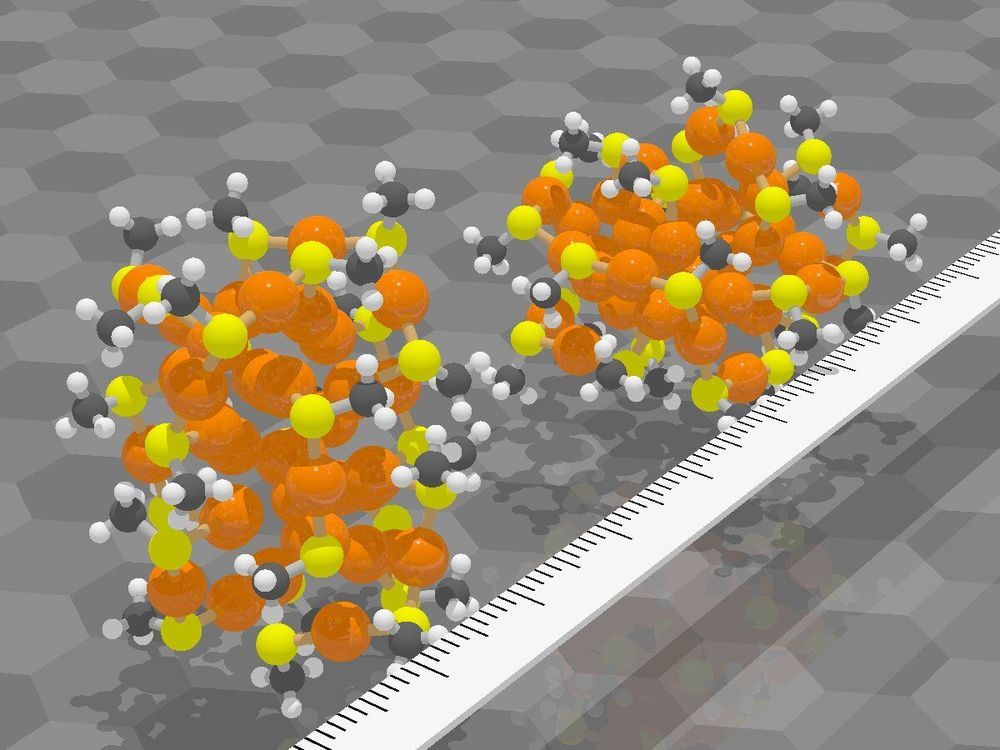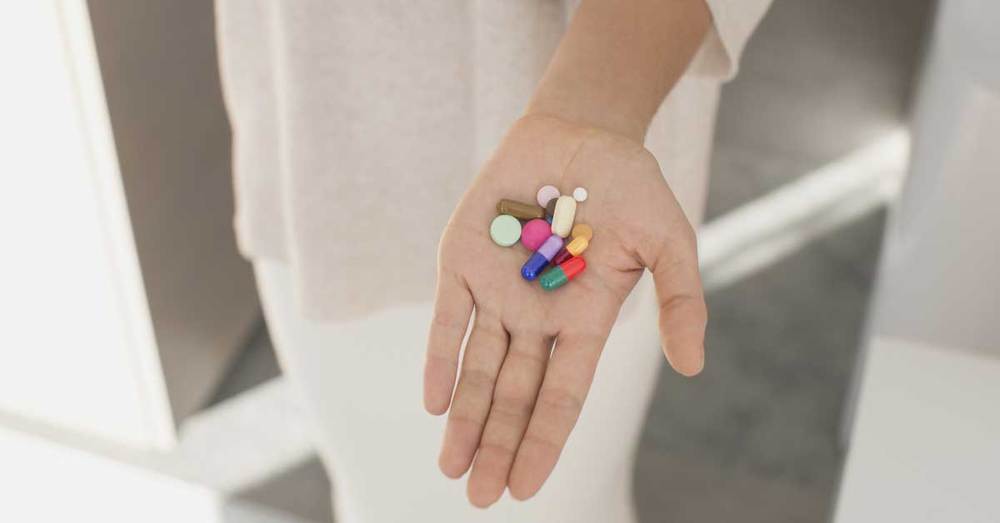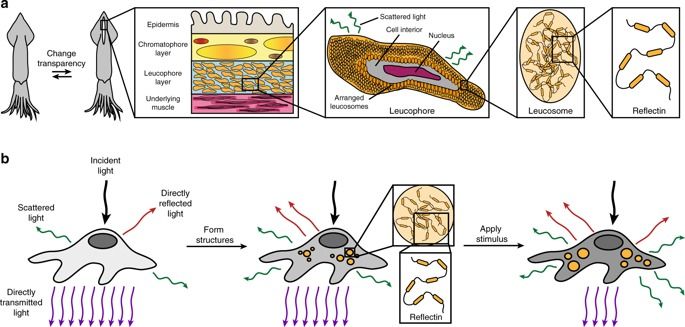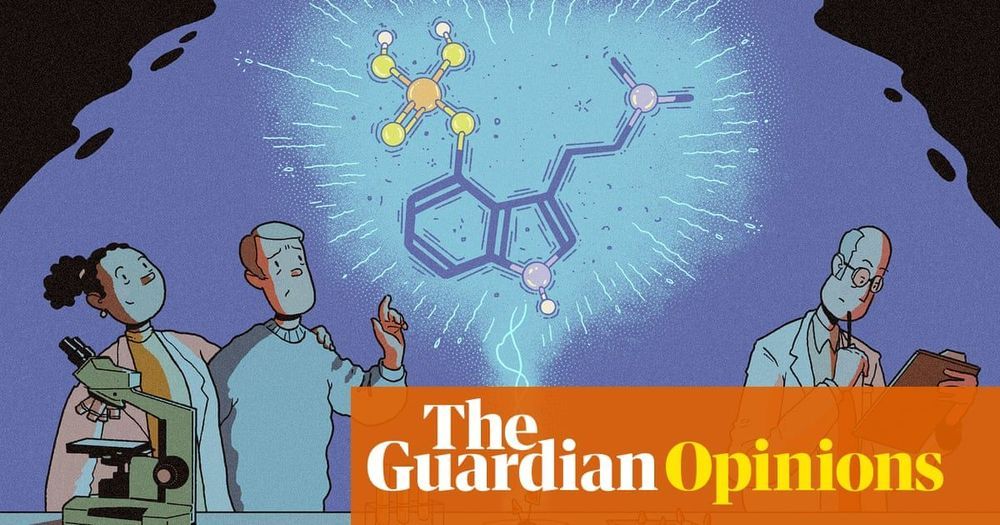Regeneron Pharmaceuticals announced Thursday that it’s started the first clinical trial of its experimental coronavirus antibody drug.
The antibody cocktail is being tested in four human populations. Two groups of people will receive the drug to test its effectiveness as a treatment for Covid-19; the other two will receive it as a possible prevention.
“We’ll be hopefully to quickly test the safety and then start understanding the efficacy for four major different settings of this virus challenge,” Regeneron’s chief scientific officer, Dr. George Yancopoulos, said on CNBC’s “Squawk Box.” Yancopoulos said he thinks that, “if all goes well,” the company could have “definitive data” within a few months on the effectiveness of the antibody cocktail.
“I think there’s a lot of reason for hope,” Yancopoulos said, noting the company’s work on Ebola. But he also stressed the unpredictable nature of science and biology, saying “there’s always reasons to be concerned and to be cautious.” “So we’re going to be moving forward very carefully, hand-in-hand in with the FDA, and we hope sooner rather than later we can get answers that can really make a difference,” he said.
Regeneron is the latest company to begin trials for a potential Covid-19 therapy. Eli Lilly, which began trials of its antibody drug earlier this month, said a treatment could be authorized, if all goes well, for use as early as September. In scientific trials so far, Gilead Sciences’s antiviral remdesivir is the only drug to show some effectiveness in treating the disease. There are more than 7.4 million confirmed cases of Covid-19 in the world, including over 2 million in the U.S., according to the latest data from Johns Hopkins University. More than 417,100 people have died worldwide, with over a quarter of the fatalities in the U.S. Regeneron’s drug is being tested on four distinct types of patients, including “the sickest patients” who are hospitalized and on a ventilator or oxygen support, Yancopoulos said. It’s also being tested to see whether it can prevent high-risk people from contracting the disease, such as health-care workers. The drug, known as REGN-COV2, is a combination of two antibodies. Yancopoulos said Regeneron firmly believes this is the correct approach to treat Covid-19 when using antibodies.
“Just like with conventional, old fashion antiviral drugs, giving one can have enormous benefit initially but it can lead to the selection and the arise of escaped viral mutants, which can could be very dangerous and risky,” he said. “What we showed is that in order to prevent this, you have to give these antibodies in cocktails.”
